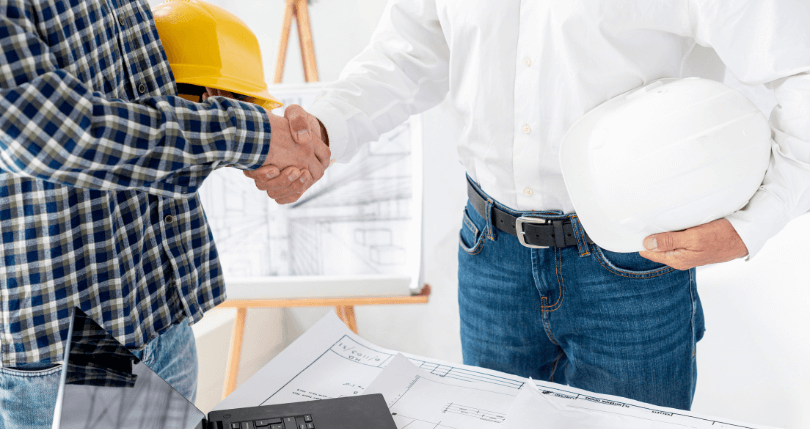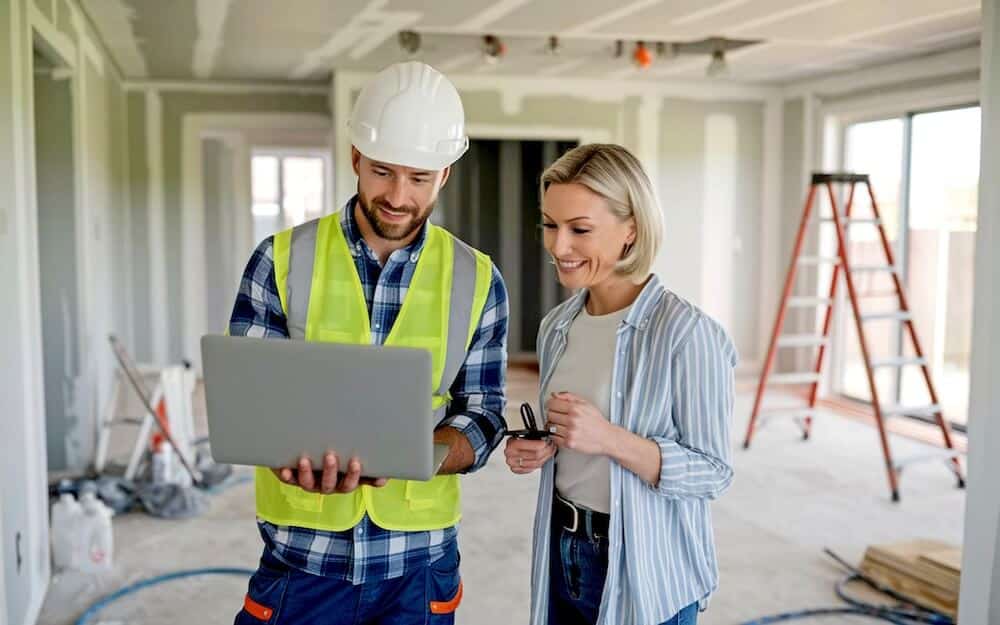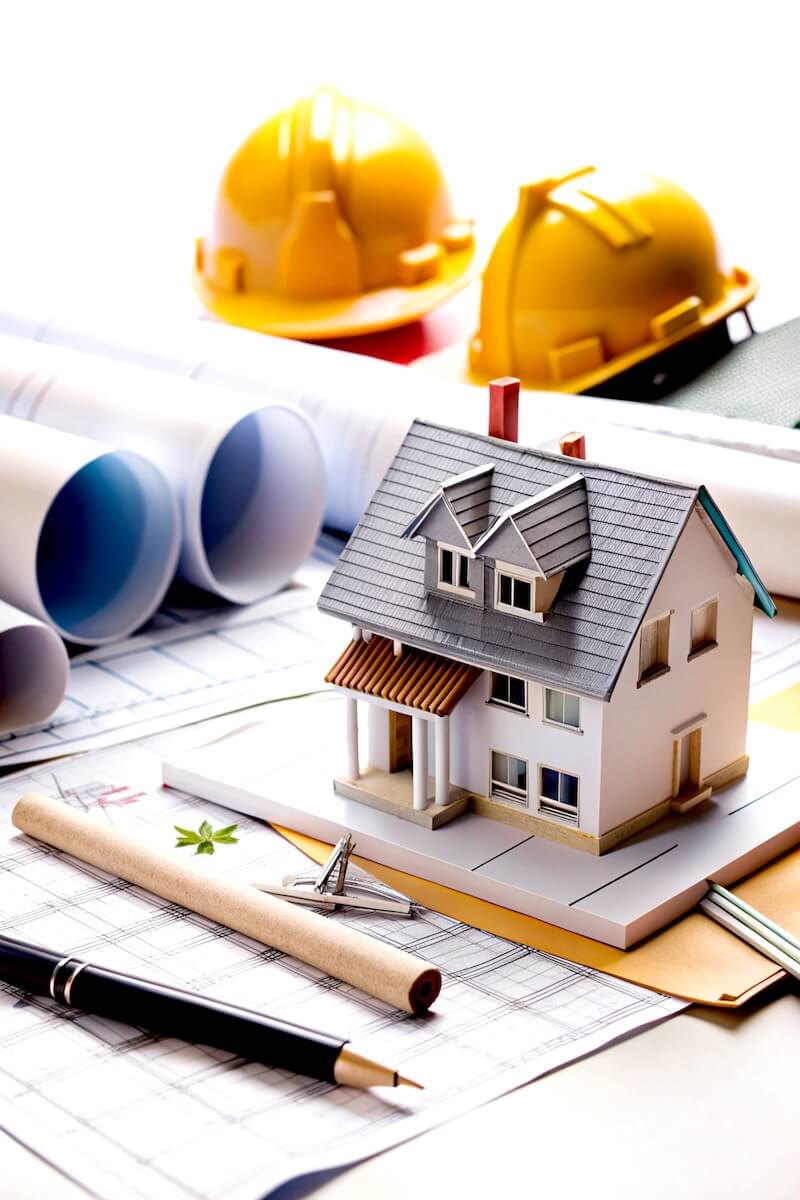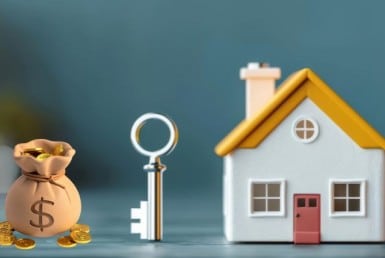How to Know if You Are Hiring a Quality Builder
A home will most likely be the largest purchase you will ever make. It’s also a purchase that you will live with, and live in, for many years—if not forever. So, it’s natural to want to be sure you are making a good decision.
Making the decision difficult, however, is the fact that while many professionals in the State of Texas are required to have a license— home builders are not. Bottom line, if you are buying or building a new home, know this: the quality of your home will only be as good as the quality of the builder you choose. Here are some important tips to help you choose wisely.
REPUTATION MATTERS
Do your research. Whether a builder has had one customer or hundreds of customers, he or she has a reputation. Check with the Better Business Bureau for complaints on the company. And while no company is immune from having dissatisfied customers, if this is a common occurrence— that should be a big red flag. Ask around. Ask friends, prior customers you may know of, real estate professionals, mortgage lenders, and especially construction material vendors (FYI: you can tell a lot about a builder and the company’s integrity by its relationship with its vendors.) And remember, a good builder will generally not put profit before his or her reputation. It’s that simple.
KNOW THE TYPE OF HOME YOU WANT
Builders have different strengths and offer a variety of designs, architectural styles, and finishes. Narrow your field of builders by concentrating on those that build the type of home you prefer. Almost every builder has a website with a gallery of homes they’ve built. If they don’t, that could be a red flag. The point is, if you’ve set your dreams on a beautiful Mediterranean style home, would you trust a builder that has never built one to build it for you just because he promises to give you a good price? Make sure that the builder you choose has a proven record of building the type of home you want.
EVALUATE THE COMPANY’S MARKETING
As part of doing your research on builders, pay attention to how they market themselves. Do they do a good job of branding themselves positively? Is the copywriting on their website coming from their hearts or does it just read like marketing fluff? Are customer testimonials or previous customers featured? More importantly, do they do any marketing at all? Most companies that don’t market themselves claim they don’t because they don’t have to. And while this may be true and okay, it can also send a message that says they aren’t interested in growing their company, which might leave homebuyers wondering if they will be around to take care of potential problems with their home in the future.
ARRANGE A FACE-TO-FACE MEETING
By the time you meet the builder in person, you should have already done your research and know more about them than they do about you. If you leave that initial meeting still knowing more about them than they know about you and your project, look for another builder. It means the company did not do its best to find out about you and your needs and whether or not you would be a good fit for them. Treat this first meeting like you would a job interview—their job interview. Prepare a list of questions for the builder and don’t be afraid to ask questions. Pay attention to how they react to what may sound like a silly question. A good builder will not make you feel stupid and will encourage you to ask more questions. Remember that what you are looking for in this initial meeting is transparency. You want to see if you can make a genuine connection because what you are looking for is a partner that you can trust—one that will have your best interests in mind, not just theirs. And remember that you may be working closely with this person for 6 to 8 months or longer, depending on the size of your project, so make sure you pick someone you get along with and like. Repeat this interview process with at least 3 builders, and you should have a clear candidate.
ASK ABOUT ENERGY EFFICIENCY
Ask the builders if their homes are built according to the state’s mandated 2015 International Conservation Code (IECC). The builder may respond that their homes pass the city’s code inspections, but that’s not the same thing. City code inspections may be based on an older version of the IECC. City code inspectors are not responsible for complying with the state’s mandated 2015 IECC, the builder is. Furthermore, be advised—no builder will ever tell you their homes are not energy efficient. The question is, “Are they verified as energy efficient homes?”
Specifically, ask if the homes are certified as being energy efficient by high-performance home programs like BUILT TO SAVE® or ENERGY STAR®. Homes in these programs comply with the state’s current IECC requirement and are inspected during construction and tested upon completion by an independent third-party RESNET licensed home energy Rater who verifies that each home meets the strict energy efficient and high performance requirements of the programs. Builders participating in the BUILT TO SAVE® program can be found at BuiltToSave.org.
Ask what the average HERS or ERI score is on the builder’s homes. If he or she does not know what a HERS/ERI score is, this should be a BIG red flag. Walk away. It means basically that you will not know what your heating and cooling costs will be until you move in—not good. The Home Energy Rating System (HERS) score or Energy Rating Index (ERI) score is a good indicator of how well the home will perform when it comes to energy efficiency. A HERS/ERI score can be calculated for a home even before it is built by inputting the home’s building data into modeling software. This is Step One for a Rater performing inspections and testing on BUILT TO SAVE® verified homes.
DON’T GET BLINDED BY THE HOME’s BLING
It’s easy to fall in love with a home and its beauty. Too often though, because they are things we can’t see, we don’t ask enough questions about the home’s comfort, or the type of insulation used, or if the indoor air quality will be healthy years down the road, or if the air conditioning unit is sized properly for the size of the home. All of these important considerations are addressed, for example, in the BUILT TO SAVE® program. Asking these types of questions will give you a good indication of the true quality of the home you are buying and the true quality of the builder who built it.
THE SMALL THINGS MATTER MOST
Just like the little details in a home’s construction that often make the difference between a nice home and an awesome one, it’s the little things about how the builder treats you as a customer that you should focus on. For example: do they return your calls in a timely manner or at all? Not responding to texts or phone calls is too common in today’s business world. It is a sign of disrespect but also a good way to measure how much a person really values your relationship. If this happens when you are thinking of hiring that builder, you can imagine what will happen when you are trying to report a problem with your home? So be aware of how the builder you select responds to you. If all goes well and the two of you “click” as you plan your dream home together, then you can be sure you selected the right builder.
What is the BUILT TO SAVE® Program?
Discover the benefits!
© RGV New Homes Guide, 2024. Unauthorized use and/or duplication of this material without express and written permission from this site’s author and/or owner is strictly prohibited. Excerpts and links may be used, provided that full and clear credit is given to RGV New Homes Guide with appropriate and specific direction to the original content.








